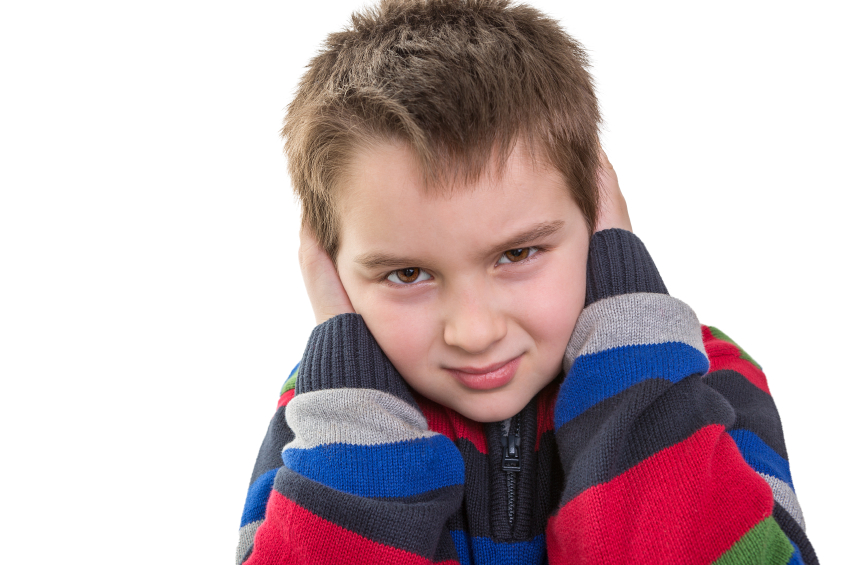Childhood Onset of Bipolar Illness More Difficult than Adolescent and Adult Onset
Research on early-onset bipolar disorder sometimes lumps childhood-onset in with adolescent onset. Researcher Terence Ketter et al. explored differences in illness among 502 patients at the Stanford Bipolar Disorder Clinic. The 107 patients with childhood onsets (before age 13) had a more difficult course of illness in almost all domains compared to the 238 patients with adolescent onsets (age 13–18) or the 157 patients with illness onset in adulthood (after age 18).
Considered separately, both patients with childhood-onset illness and patients with adolescent-onset illness had more comorbid anxiety disorders, alcohol use disorders, eating disorders, prior suicide attempts, rapid cycling in the prior year, and at least five mood episodes over the course of their lifetimes than those patients whose illness began in adulthood. Patients whose illness began in childhood had higher rates of each of these unfavorable illness characteristics and were more likely to have a first-degree relative with a mood disorder.
These data mirror those from the Bipolar Collaborative Network in which this editor (Robert Post) is an investigator, and the larger STEP-BD network led by Perlis et al. All three suggest that in the US, two-thirds of the bipolar disorder seen in adults begins in childhood and adolescence, with about a quarter beginning before age 13.
Ketter suggests that research should not combine childhood and adolescent onset illnesses, which come with different rates of anxiety, alcohol, and eating disorder comorbidity, rapid cycling, and prior episodes. The statistical relevance of some findings can be diluted when the two groups are combined.
Editor’s Note: However, the primary message is that childhood onset bipolar disorder is a more severe version of the illness that deserves greater attention, treatment, and research so that its course can be made more benign. It is a problem that there are no Federal Drug Administration–approved treatments for children under 10 years of age with bipolar disorder.


